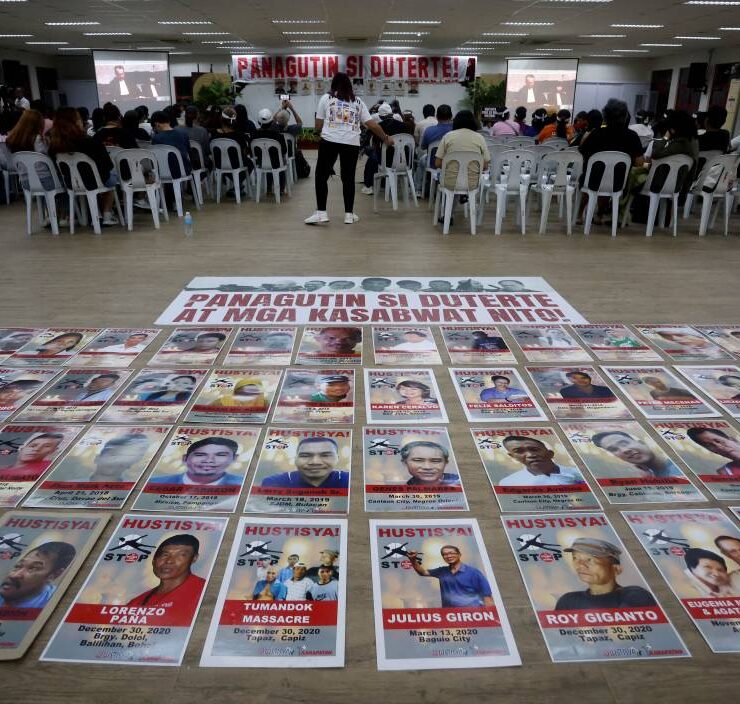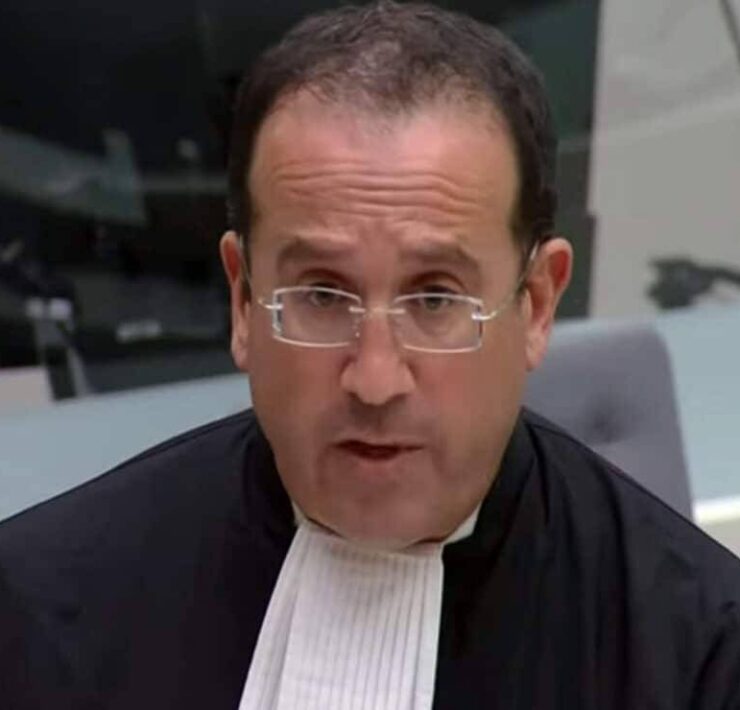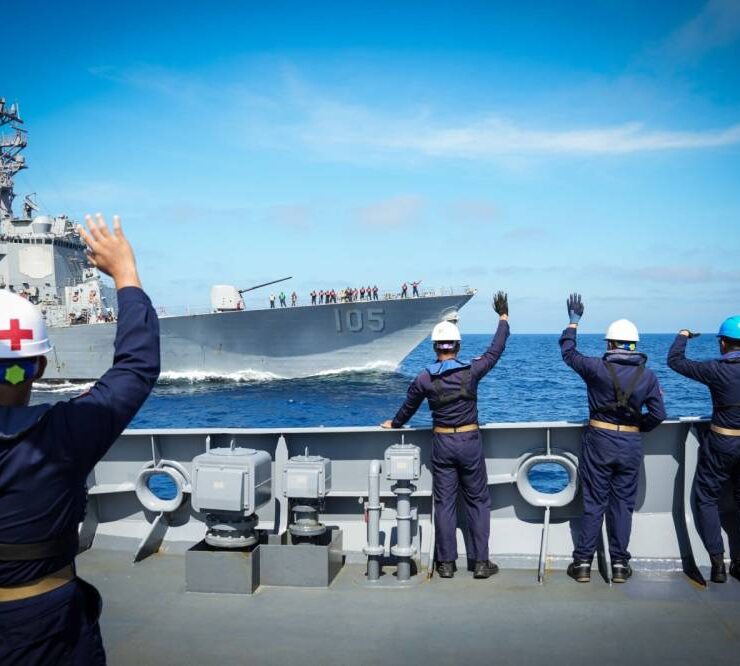A fragile peace

The takeaway from last week’s brief outbreak of violence in Tipo-Tipo town in Basilan province is how fragile peace remains in that part of the country. For all the gains of years past, it seems peacemakers and brokers still operate with little wiggle room to maintain their precarious hold on law and order in Mindanao.
For a few tense hours on Oct. 28, Tipo-Tipo seemed to teeter on the brink. Armed men reportedly belonging to the Moro Islamic Liberation Front (MILF) stormed the town center, prompting officials to suspend work and classes as sporadic gunfire echoed through the streets. Four civilians were hurt; shops were shuttered; families fled, and for a day, the town held its breath as the specter of war returned.
There, too, of course, were echoes of that bloody and devastating event in another part of Mindanao hours away—the five-month-long Siege of Marawi of 2017.
Fortunately, there was no such escalation, though it took four hours of delicate negotiation and the steadying hand of Basilan Gov. Mujiv Hataman to persuade the armed men to withdraw.
A volatile mix
That the confrontation ended peacefully is a relief but more so, a warning. The Tipo-Tipo incident, described as a clan war rooted in a thirst for vengeance, is a grim reminder of how easily violence can erupt in the Bangsamoro region when justice feels elusive and trust in the peace process begins to wane.
The killing of Ustadz Nadzrie Tarahin, once a radical turned peace advocate, shows the danger of leaving grievances to fester. “The loss of Ustadz Bahang must not divide the community; rather, it should unite all sectors to continue countering extremism through education, livelihood, and dialogue,” the Army’s 45th Infantry Battalion said. Yet division now threatens to undo what little cohesion peacebuilding has achieved.
The timing couldn’t be more unfortunate, as the peace process between the government and the MILF, once the country’s most hopeful model for conflict resolution, is groaning under the weight of political upheaval and broken promises. The decommissioning of former MILF combatants has stalled, the first Bangsamoro parliamentary elections have been postponed following a Supreme Court ruling, and leadership changes in the Bangsamoro Transition Authority have sowed fresh distrust.
These developments have created a volatile mix: frustrated communities, disillusioned ex-combatants, and political uncertainty.
Lessons of Marawi
Together, they are ingredients for a perfect storm that could, if left unaddressed, unleash another tragedy akin to the Marawi siege. That siege also began as an isolated confrontation, only to spiral into months of devastation that left a city in ruins and traumatized a generation.
The lessons of Marawi should not need repeating. Peace in the Bangsamoro cannot be taken for granted, and its frailty requires vigilance, humility, and genuine dialogue. The government peace panels, the MILF, and local authorities must immediately sit down to defuse tensions and reaffirm commitments under the 11-year-old Bangsamoro agreement.
As Mindanao Development Authority Secretary Leo Tereso Magno put it: “I hope all concerned agencies, as proposed by the national government, will sit down again. There’s no alternative to peaceful dialogue.”
Such dialogue, however, must go beyond lip service and address not only the impasse in normalization and the unfulfilled socioeconomic promises to former fighters but the perception that the peace process has become hostage to political maneuvering.
The replacement of former chief minister Ahod Ebrahim, the sweeping courtesy resignations in the regional bureaucracy, and the stalled elections have all eroded confidence in the region’s transition.
At risk of unraveling
Chief Minister Abdulraof Macacua’s own acknowledgment of persisting challenges should be met with concrete steps. “Although we have to admit there’s a problem, it must be addressed because we are now at the finish line of implementation,” he said. “It’s only right that we talk. If we managed to do it before, why can’t we do it now?”
The peace dividends painstakingly built since the signing of the Comprehensive Agreement on the Bangsamoro in 2014 and the Bangsamoro Organic Law four years later are now at risk of unraveling. Both the national government and the Bangsamoro leadership must recognize that the ultimate test of autonomy lies not only in the sharing of power and resources but in preserving the peace and justice that gave birth to it.
The Tipo-Tipo incident was contained but only barely. The next spark might not be so easily smothered. If those in power continue to delay justice, neglect promises, or allow politics to overshadow the dream of genuine self-governance, the Bangsamoro could once again descend into the darkness from which it has only begun to emerge.
Now, more than ever, calm and dialogue must prevail before this fragile peace shatters beyond repair.





















